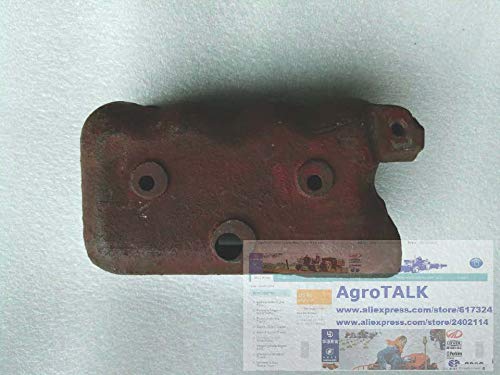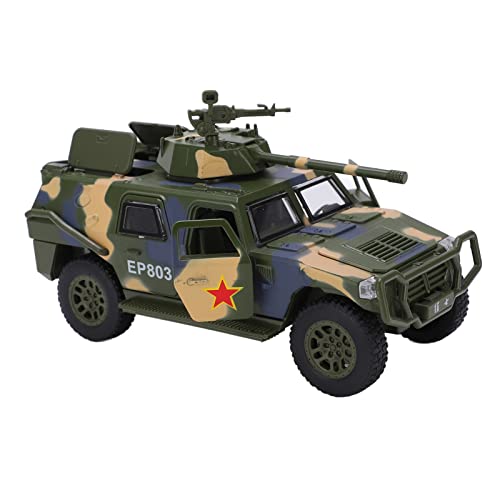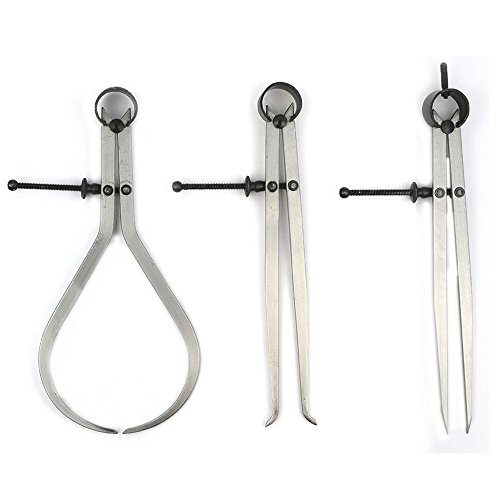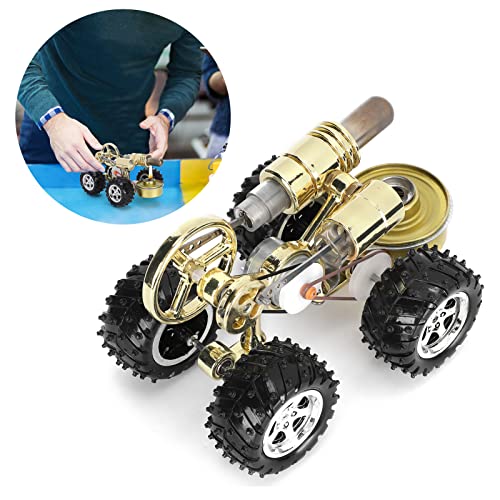jgalak
Member
Hey, got a really newbie question for you all, about what machine tools are useful for this hobby. Some background, first:
While I'm a life-long DIYer and consider myself fairly handy with technical and mechanical matters, I have very little machining experience - I learned to use a metal-cutting lathe in middle school shop class, but that was 30+ years ago. Since then, I've occasionally used a friend's lathe and small vertical mill, but we are talking less than a half-dozen times over those 30 years. So for all intents and purposes I'm a complete beginner. But I've always been fascinated by machining in general and the idea of building model steam engines - steam-era tech just really appeals to me. I have no specific plans for what engines I want to build other than wanting to eventually work my way up to some of the castings kits from companies like Stuart or PM that I've seen YTers build.
A few years ago, I purchased a South Bend 9A lathe, but almost immediately we had to move and the lathe went into storage, until a shop building could be built at the new house. I'm now in the process of designing the shop, and as part of that trying to figure out what machine tools I might acquire in the future, so that I can plan the space with them in mind.
I have a reasonably complete set of woodworking machines, some welding gear (oxy-fuel and a buzz box stick welder) plus the aforementioned South Bend. At minimum, I plan to add a vertical mill (ideally an old Bridgeport if I can find a good one locally) and a metal-cutting bandsaw (probably one of the typical 4x6 import saws that come in every color).
But beyond that, I have no clue what other machines I might need or want. I've watched a fair amount of YT videos, and the machining seems to all be on a lathe and mill. So is there anything else I should be planning space for? Hand tools, hand-held power tools, and small tabletop machines aren't an issue, I plan on all sorts of benches and storage. I just want to know if there are any other machines that have significant space requirements to allot space for.
Suggestions very welcome.
While I'm a life-long DIYer and consider myself fairly handy with technical and mechanical matters, I have very little machining experience - I learned to use a metal-cutting lathe in middle school shop class, but that was 30+ years ago. Since then, I've occasionally used a friend's lathe and small vertical mill, but we are talking less than a half-dozen times over those 30 years. So for all intents and purposes I'm a complete beginner. But I've always been fascinated by machining in general and the idea of building model steam engines - steam-era tech just really appeals to me. I have no specific plans for what engines I want to build other than wanting to eventually work my way up to some of the castings kits from companies like Stuart or PM that I've seen YTers build.
A few years ago, I purchased a South Bend 9A lathe, but almost immediately we had to move and the lathe went into storage, until a shop building could be built at the new house. I'm now in the process of designing the shop, and as part of that trying to figure out what machine tools I might acquire in the future, so that I can plan the space with them in mind.
I have a reasonably complete set of woodworking machines, some welding gear (oxy-fuel and a buzz box stick welder) plus the aforementioned South Bend. At minimum, I plan to add a vertical mill (ideally an old Bridgeport if I can find a good one locally) and a metal-cutting bandsaw (probably one of the typical 4x6 import saws that come in every color).
But beyond that, I have no clue what other machines I might need or want. I've watched a fair amount of YT videos, and the machining seems to all be on a lathe and mill. So is there anything else I should be planning space for? Hand tools, hand-held power tools, and small tabletop machines aren't an issue, I plan on all sorts of benches and storage. I just want to know if there are any other machines that have significant space requirements to allot space for.
Suggestions very welcome.









































![MeshMagic 3D Free 3D Modeling Software [Download]](https://m.media-amazon.com/images/I/B1U+p8ewjGS._SL500_.png)

























